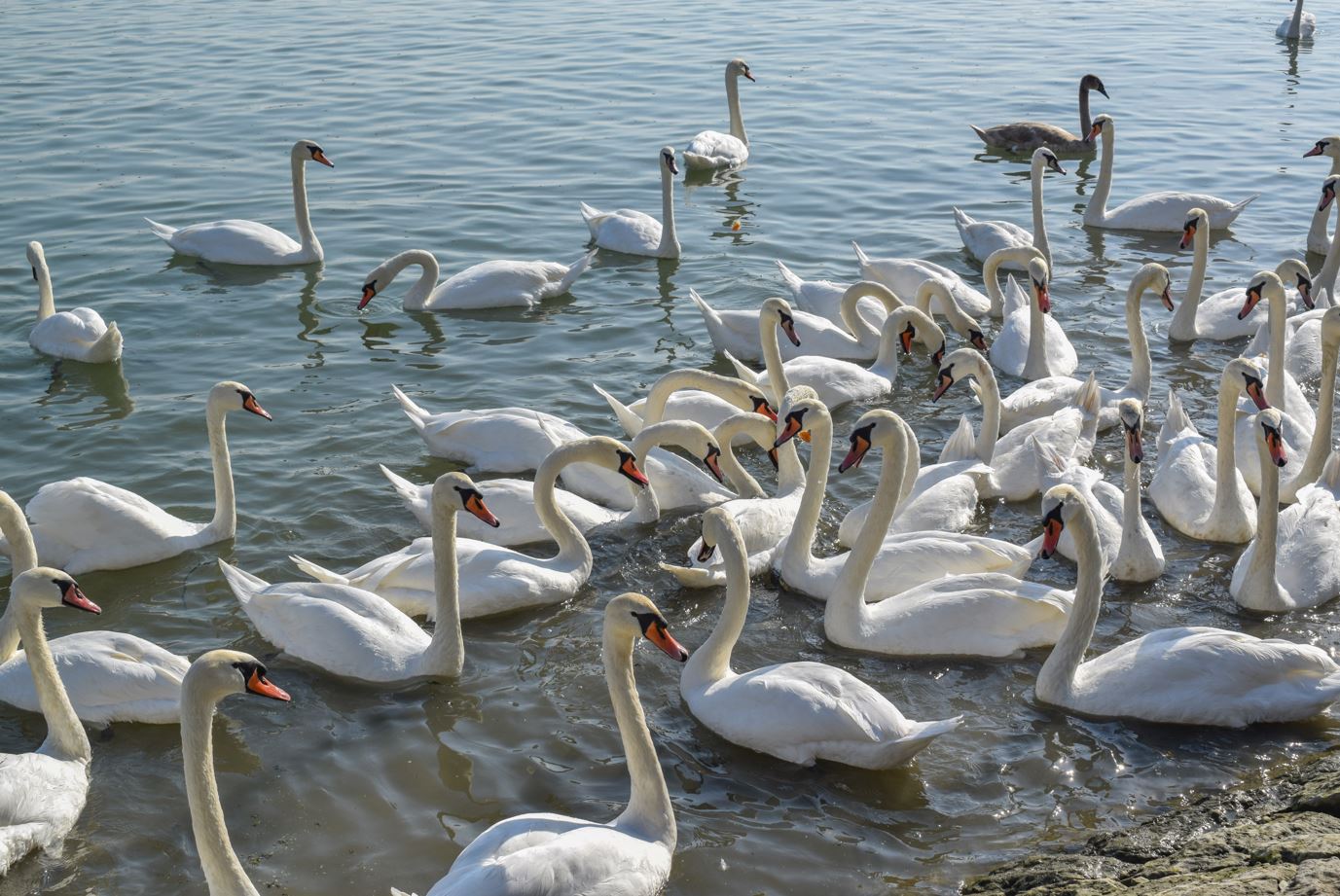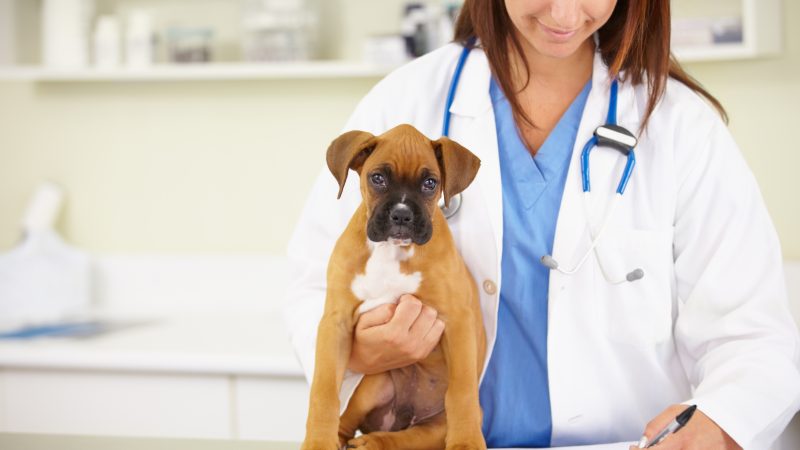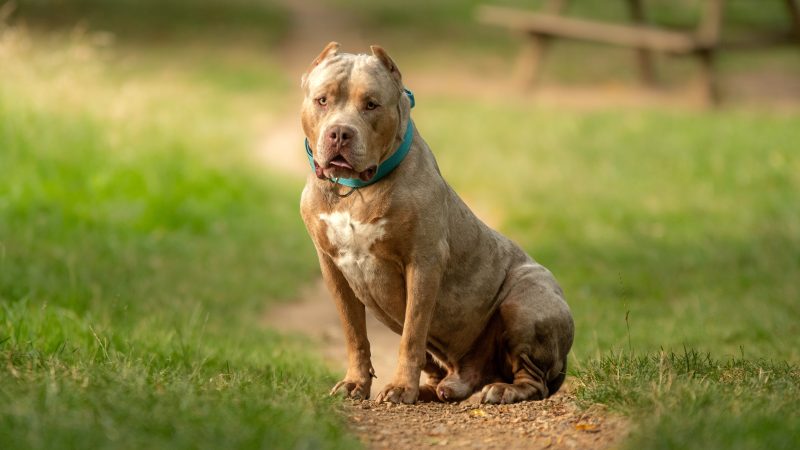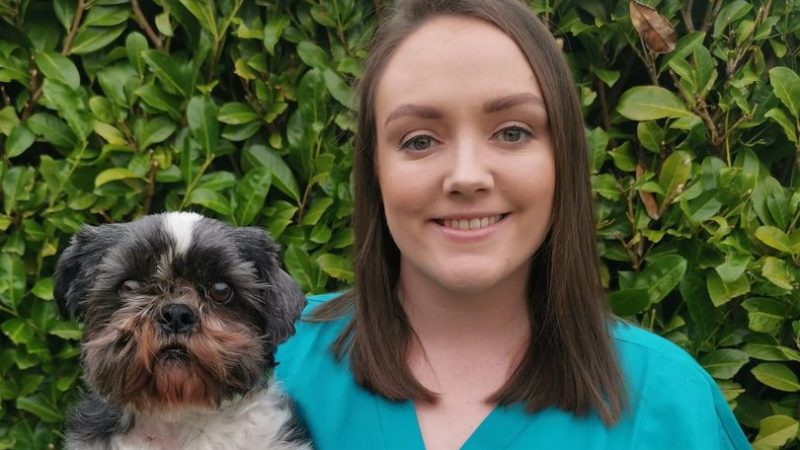Chief vet’s warning after bird flu case at swan rescue centre

Northern Ireland’s Chief Veterinary Officer Dr Robery Huey has warned poultry farmers and pet bird keepers here to be on their guard after a case of bird flu was detected at a swan rescue centre in Worcestershire, England.
A six-mile control zone has been put in place around the site on Wednesday to limit the risk of any spread of H5N1 avian influenza and the birds there are to be humanely culled.
Wild birds migrating to the UK from mainland Europe during the winter can carry the disease which can lead to cases in poultry and other captive birds.
Dr Huey, below, said: “Following the confirmation of HPAI H5N1 in Worcestershire, I am encouraging all poultry keepers to remain vigilant and take action now as we enter this high risk period. This is the time to critically review your biosecurity arrangements to reduce the risk of transmission of avian influenza to poultry or other captive birds.
“The Department has developed a biosecurity – self assessment tool which is available on the DAERA website to help bird keepers in the review of their biosecurity arrangements and provide the necessary assurances to protect their birds, the poultry industry and our economy as we come into the high risk winter months. The checklist can be completed online and saved to your device.”

There are some simple measures that all poultry keepers should take to protect their birds against the threat of avian flu. These apply to people running a large commercial farm, keeping a few hens in their back garden and those rearing game birds.
These include:
- Keep the area where birds live clean and tidy, control rats and mice and regularly clean and disinfect any hard surfaces
- Keep chickens and turkeys completely separate from ducks and geese
- Conduct regular maintenance checks on their sheds
- Clean moss off the roofs, empty gutters and remove vegetation between sheds where birds are kept
- Draw up contingency plans for storing bedding and dealing with pests
- Place birds’ feed and water in fully enclosed areas that are protected from wild birds, and remove any spilled feed regularly
- Put fencing around outdoor areas where birds are allowed and limit their access to ponds or areas visited by wild waterfowl
- Clean and disinfect footwear before and after entering premises where birds are kept
Dr Huey added: “This first avian influenza case of the 2021-22 season in the UK serves as a timely reminder and we can be sure that it is only a matter of time before it reaches our shores. Please remain alert for any signs of disease, continue to adopt good biosecurity measures on your premises and review business continuity plans.
“An outbreak of avian influenza in a small backyard flock could impose the same restrictions on movements of birds as if it was found on a commercial farm. If avian influenza were to enter any flock, including backyard or hobby flocks, it could have a devastating effect on the poultry industry and could significantly impact international trade.”







